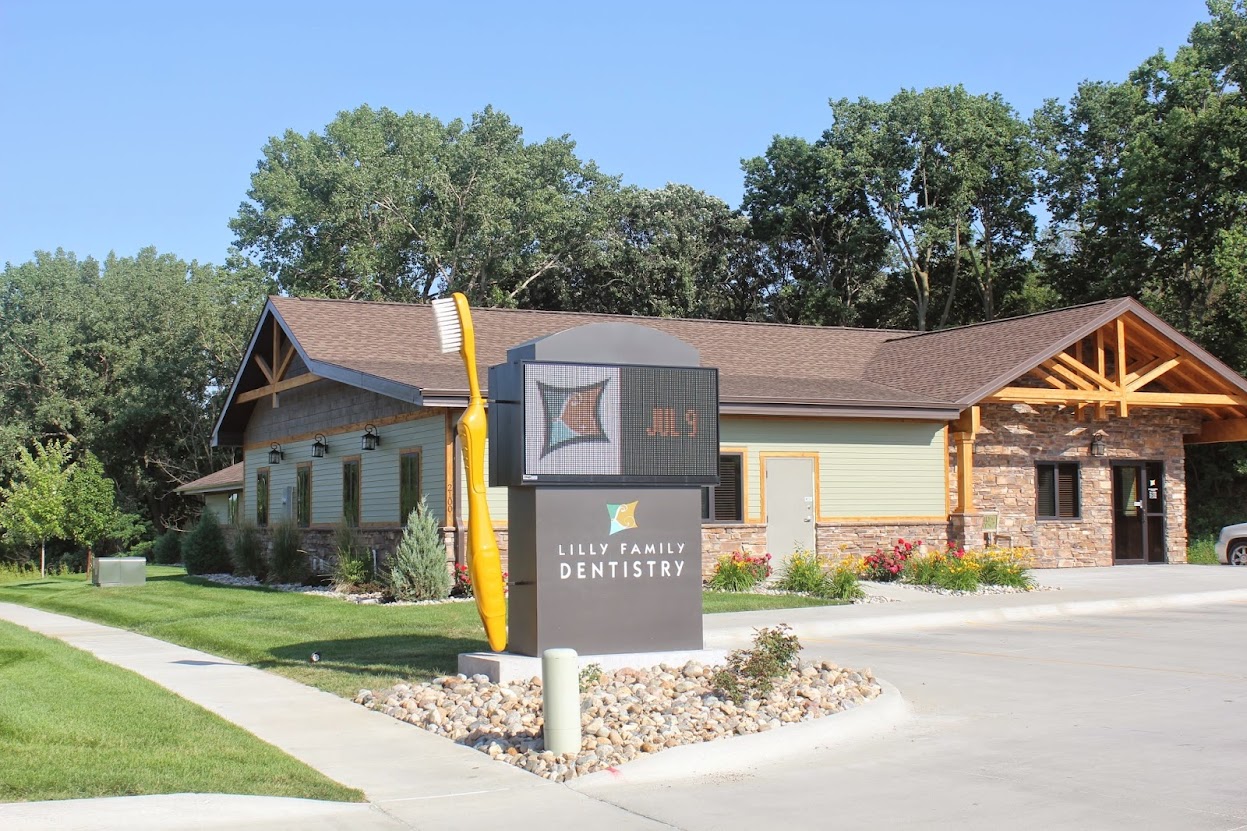Choosing the right restorative dental option can significantly impact your oral health and quality of life. At Lilly Family Dentistry, located at 2100 Indian Hills Dr, Sioux City, IA 51104, the focus is on helping individuals make informed decisions regarding dental care. This article will explore the differences between fixed bridges and implant-supported crowns, focusing on cost, durability, and maintenance.
Both fixed bridges and dental implants provide effective solutions for missing teeth, yet they serve different needs. Understanding each option can help in making the best choice for individual circumstances.
Cost Comparison
Fixed bridges tend to be more affordable upfront compared to dental implants. A bridge generally requires fewer dental visits and procedures, which can lower initial costs. However, it is important to consider that bridges may need to be replaced after several years, adding to long-term expenses.
In contrast, while dental implants are more expensive initially, they can often be more cost-effective over time. Implants work as artificial tooth roots, permanently anchoring replacement teeth. Because they are designed to last for many years, the overall investment might be more beneficial in the long run.
Durability
Durability is a crucial factor to consider when choosing between these options. Fixed bridges can last between five to ten years, depending on the patient’s oral hygiene and dental care practices. Poor maintenance can lead to issues like decay under the bridge or damage to adjacent teeth.
Dental implants, however, are known for their longevity. When properly cared for, they can last a lifetime, offering a durable solution for missing teeth. Many patients appreciate the stability and functionality that an implant provides, as it restores not just the look of a tooth but also its full function.
Maintenance Needs
Maintaining a fixed bridge requires good oral hygiene and regular check-ups. Patients must ensure the area underneath the bridge remains clean to avoid decay or gum disease. Flossing and proper brushing techniques are essential for prolonging the life of a bridge.
On the other hand, implants require a commitment to good dental hygiene as well. Regular brushing, flossing, and dental visits are critical to keeping both the implant and surrounding gums healthy. Implants do not require any special care beyond routine oral hygiene, making them a convenient option for many.
The experienced team at Lilly Family Dentistry, including Dr. Kevin Lilly and Dr. Jane Lilly, strives to provide personalized care for each patient. Many satisfied patients have expressed their appreciation, with one noting that “the staff is friendly, and the care is exceptional,” reinforcing the commitment to patient satisfaction.
For those weighing their options, it is beneficial to consult dental professionals who can provide guidance tailored to individual needs. Lilly Family Dentistry provides expert advice to help patients choose the best restorative option for their specific situations.
Explore further about the services offered and how to best address tooth loss by visiting our website at Lilly Family Dentistry. Our team is ready to assist you in achieving optimal dental health.
In conclusion, deciding between fixed bridges and implant-supported crowns involves careful consideration of cost, longevity, and care requirements. With the proper guidance, individuals can make confident choices that align with their dental health goals. To learn more or schedule an appointment for a consult, reach out to Lilly Family Dentistry.
Find more information and connect with us on our Facebook page at Sioux City Dental. Your dental health is a priority, and we look forward to helping you achieve a beautiful and functional smile.








